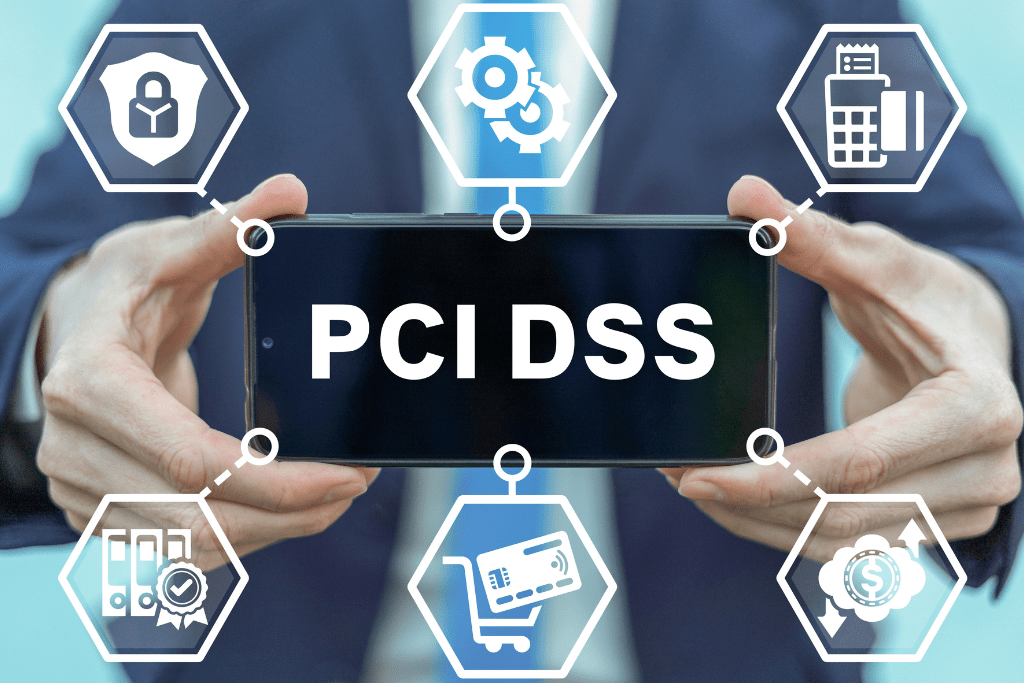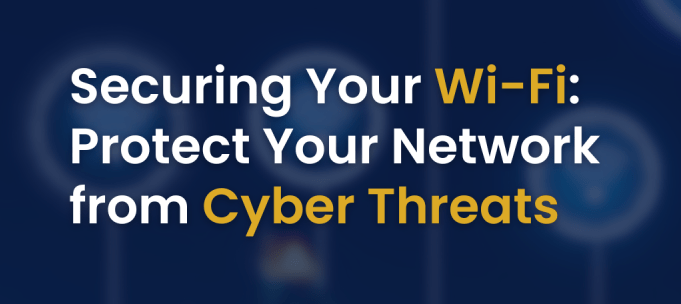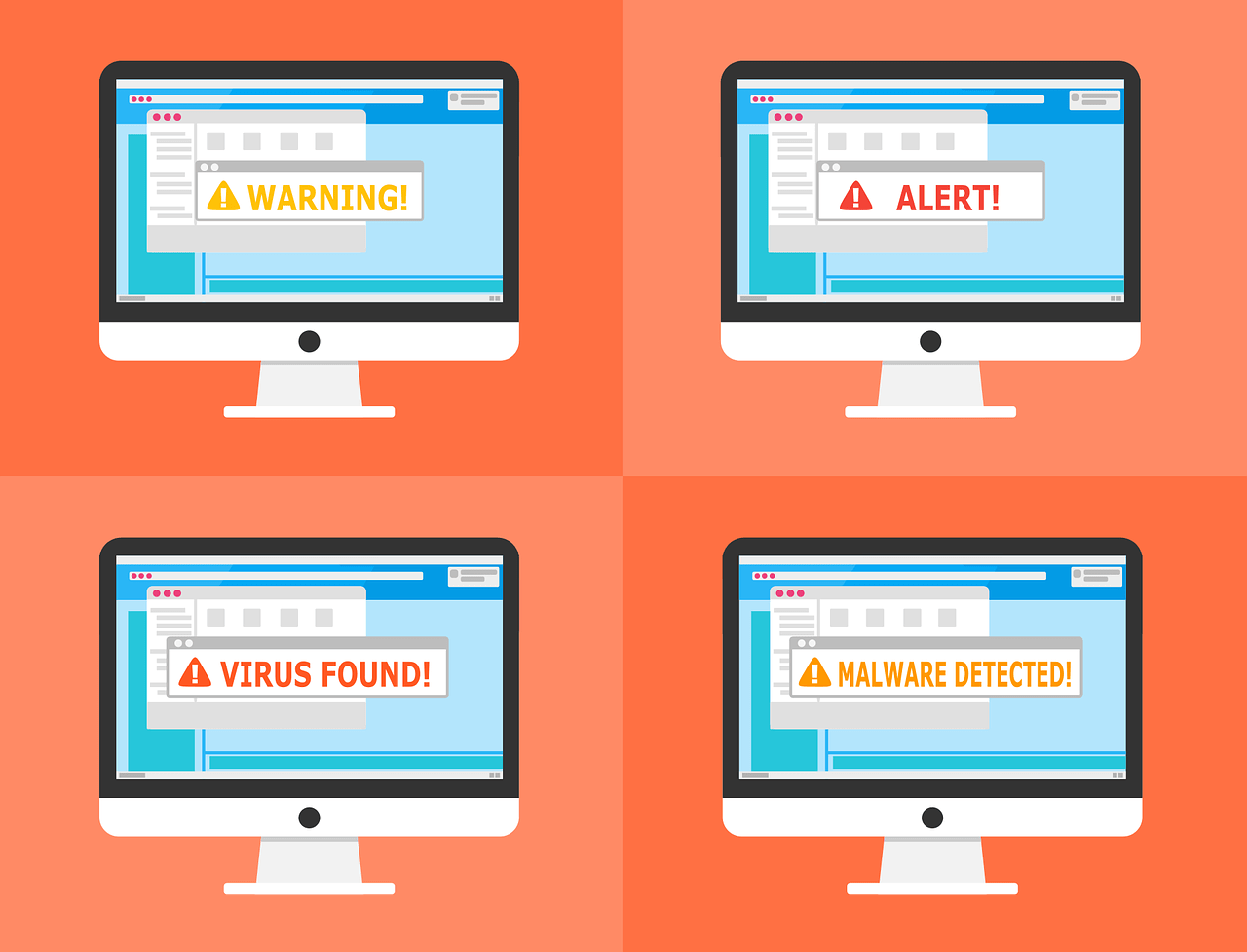Running a small business can feel like juggling flaming swords. Add handling customer payment data to the mix, and one wrong move can lead to disaster. Enter PCI DSS — a set of standards designed to keep payment card data safe and your business out of trouble. It’s not glamorous, but it’s essential.
In this article, we’ll explain what PCI DSS is, why it matters for small businesses, and how you can follow it without losing your mind. Grab some coffee (or something stronger), and let’s dig in.
What is PCI DSS?
PCI DSS stands for Payment Card Industry Data Security Standard. It’s a set of rules developed by the major credit card companies (Visa, Mastercard, American Express, etc.) to ensure businesses securely handle cardholder data.
If your business processes, stores, or transmits payment card information, you must comply with PCI DSS. There are no exceptions, even for a small coffee shop or online store.
Why PCI DSS Matters for Small Businesses
You might think: “I’m just a small fish. Hackers won’t bother with me.” Unfortunately, small businesses are prime targets because they often lack strong security.
Here’s why PCI DSS compliance matters:
- Avoid Fines and Penalties: Non-compliance can lead to hefty fines from banks or card companies.
- Protect Customer Trust: A data breach can ruin your reputation faster than bad reviews on Yelp.
- Prevent Fraud and Losses: A breach can lead to fraud, chargebacks, and financial headaches.
In short, PCI DSS protects your business and your customers.
The 6 Key Goals of PCI DSS
PCI DSS has 6 main goals, broken into 12 specific requirements. Let’s break this down into plain English (and a friendly diagram).

Here’s a clearer breakdown:
1. Build and Maintain a Secure Network
- Install a firewall to protect your systems.
- Avoid using default passwords for hardware and software (yes, “admin123” is a terrible idea).
2. Protect Cardholder Data
- Encrypt stored payment card data.
- Encrypt data when it travels across networks.
3. Maintain a Vulnerability Management Program
- Install and regularly update anti-virus software.
- Keep systems and software updated (those updates actually matter).
4. Implement Strong Access Control Measures
- Limit who can access cardholder data. Not everyone in your business needs it.
- Use unique IDs for anyone accessing systems.
- Restrict physical access to payment systems and data.
5. Regularly Monitor and Test Networks
- Track who accesses payment systems and data.
- Test security systems regularly (like a digital fire drill).
6. Maintain an Information Security Policy
- Create a policy for your employees about handling payment data safely.
- Train staff to spot phishing scams or security risks.
Actionable Steps for Small Businesses
Now that we know the goals, let’s focus on practical steps to achieve PCI DSS compliance. Follow these tips, and you’ll significantly reduce your risk.
1. Use a Secure Payment Processor
- Partner with a PCI-compliant payment processor (e.g., Square, Stripe, or PayPal).
- Let them handle most of the heavy security lifting.
2. Limit Data Storage
- Don’t store cardholder data unless absolutely necessary.
- If you must store data, encrypt it using strong security tools.
3. Install a Firewall and Anti-Virus Software
- Use a reputable firewall to protect your network.
- Install anti-virus software and keep it updated.
4. Enforce Strong Passwords
- Require strong, unique passwords for all staff accounts.
- Use multi-factor authentication (MFA) whenever possible.
5. Train Your Employees
- Teach employees about phishing scams, secure payment handling, and password hygiene.
- A little training can prevent a lot of headaches.
6. Conduct Regular Security Checks
- Monitor who accesses cardholder data.
- Regularly scan your systems for vulnerabilities.
Small Business PCI Checklist
Here’s a simple checklist to keep your PCI compliance on track:

Print this out. Tape it to your fridge. Or hand it to your tech person and say, “Make this happen.”
What Happens if You Don’t Comply?
Non-compliance with PCI DSS can lead to:
- Fines: Banks or card networks may hit you with penalties.
- Higher Fees: Payment processors might charge more if you’re a risk.
- Data Breaches: You could lose customer data, face lawsuits, and damage your reputation.
In short, ignoring PCI DSS is like leaving your shop door wide open overnight. Don’t do it.
Final Thoughts
PCI DSS compliance might sound intimidating, but it doesn’t have to be. Break it into small steps. Use secure payment tools. Train your team. Check your systems regularly.
As a small business, you don’t need an army of cybersecurity experts. You just need to follow basic security practices. And remember: protecting payment data isn’t just about avoiding fines. It’s about keeping your customers’ trust — and keeping your business running smoothly.
Now, go secure that payment data. Your customers (and your sanity) will thank you.
Quick Recap
- PCI DSS protects payment card data.
- Small businesses are prime targets for hackers.
- Use secure processors, train employees, and follow PCI goals.
- Avoid storing cardholder data unless necessary.
Stay secure. Stay PCI compliant. Avoid the digital sword-juggling disaster.Martin Baker
Martin Baker, Managing Editor at Decoded.cc, harnesses a decade of digital publishing expertise to craft engaging content around technology, data, and culture. He leads cross-functional teams, enforces editorial excellence, and transforms complex ideas into accessible narratives—fueling Decoded.cc’s growth and impact.








Leave a Reply